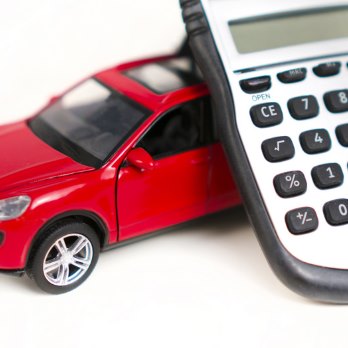Learn How Repossessed Cars Are Becoming a Popular Budget Option
As vehicle prices continue to rise, many budget-conscious buyers are turning to repossessed cars as an affordable alternative. These vehicles, reclaimed by financial institutions from defaulting borrowers, often sell for significantly less than their market value, making them an attractive option for savvy shoppers seeking reliable transportation at reduced prices.

What Are Repossessed Cars and How Do They Enter the Market?
Repossessed vehicles are those that have been taken back by lenders when borrowers default on their auto loans. Banks, credit unions, and finance companies typically work with repossession agencies to recover these vehicles. Once recovered, these institutions aim to sell the vehicles quickly to recoup their losses, creating opportunities for buyers to purchase vehicles at below-market prices.
Where Can You Find and Buy Repossessed Cars?
Several channels exist for purchasing repossessed vehicles. Repossessed car auctions are the most common venue, with both in-person and online options available. Government auctions, bank direct sales, and specialized dealerships also offer repossessed vehicles. Online platforms have made it easier than ever to browse and bid on these vehicles from the comfort of home.
How to Determine a Repossessed Car’s Value
Establishing a repossessed car value estimate requires careful research. Start by checking standard pricing guides like Kelley Blue Book or NADA, then factor in the vehicle’s condition, mileage, and market demand. It’s crucial to obtain a vehicle history report and, when possible, have a professional mechanic inspect the car before purchasing.
What Are the Risks and Benefits of Buying Repossessed Cars?
Benefits include significant cost savings, potential for finding low-mileage vehicles, and a wide selection of makes and models. However, risks exist: many repossessed cars are sold “as-is” without warranties, may have hidden damage, and typically don’t allow for test drives before purchase. Careful research and inspection are essential to minimize these risks.
Understanding the Buying Process at Repossessed Car Auctions
Most repossessed car auctions require registration and a refundable deposit. Bidders should arrive early to inspect vehicles, bring a mechanic if possible, and set a firm maximum bid. Online auctions may offer virtual inspections and detailed vehicle reports. Payment is typically required immediately upon winning, often in cash or certified funds.
Common Sources and Average Pricing for Repossessed Vehicles
| Source Type | Average Discount Range | Requirements |
|---|---|---|
| Bank Auctions | 30-50% below market | Cash payment, immediate pickup |
| Government Auctions | 20-40% below market | Registration, deposit |
| Online Auctions | 25-45% below market | Online verification, deposit |
| Direct from Lenders | 20-35% below market | Pre-approval may be needed |
Prices, rates, or cost estimates mentioned in this article are based on the latest available information but may change over time. Independent research is advised before making financial decisions.
While repossessed cars can offer substantial savings, success in this market requires careful research, patience, and due diligence. Understanding the process, knowing where to look, and being prepared for the risks involved will help ensure a positive buying experience. The growing popularity of these vehicles continues to make them an viable option for budget-conscious car buyers seeking value in today’s automotive market.




